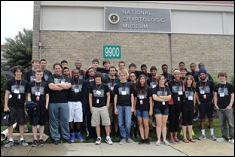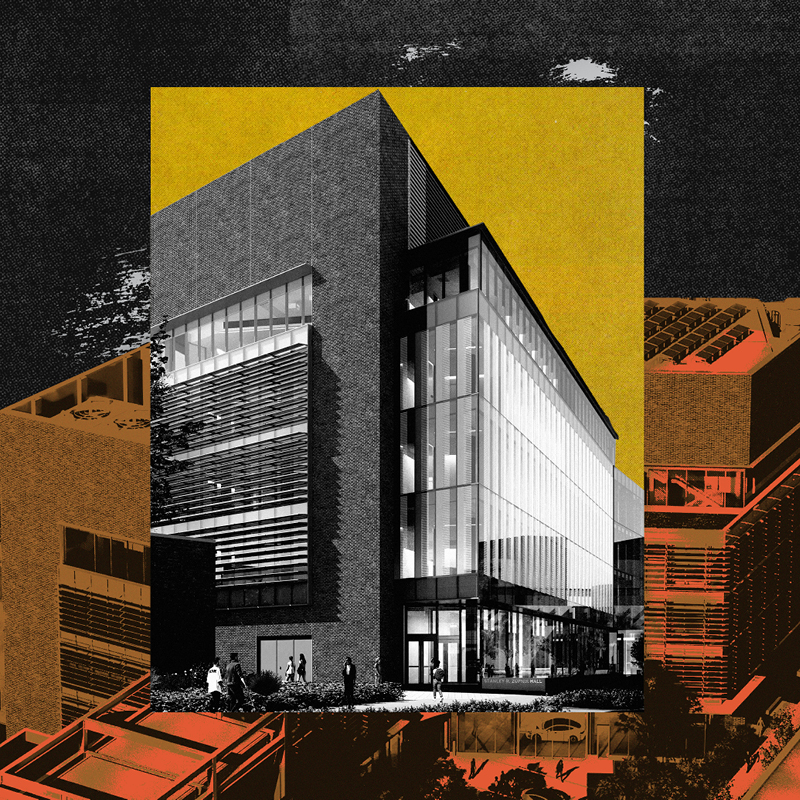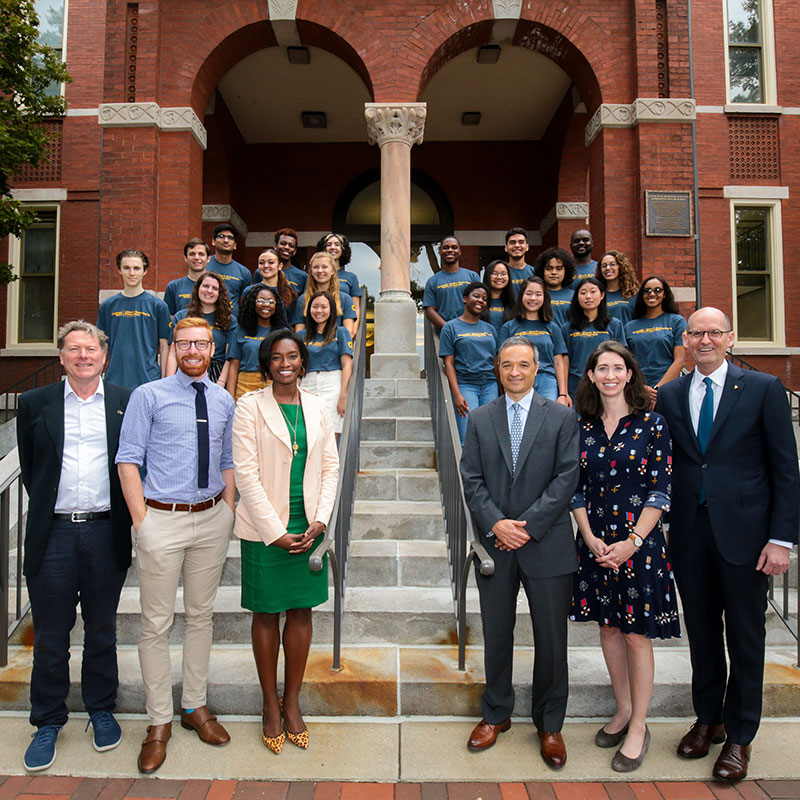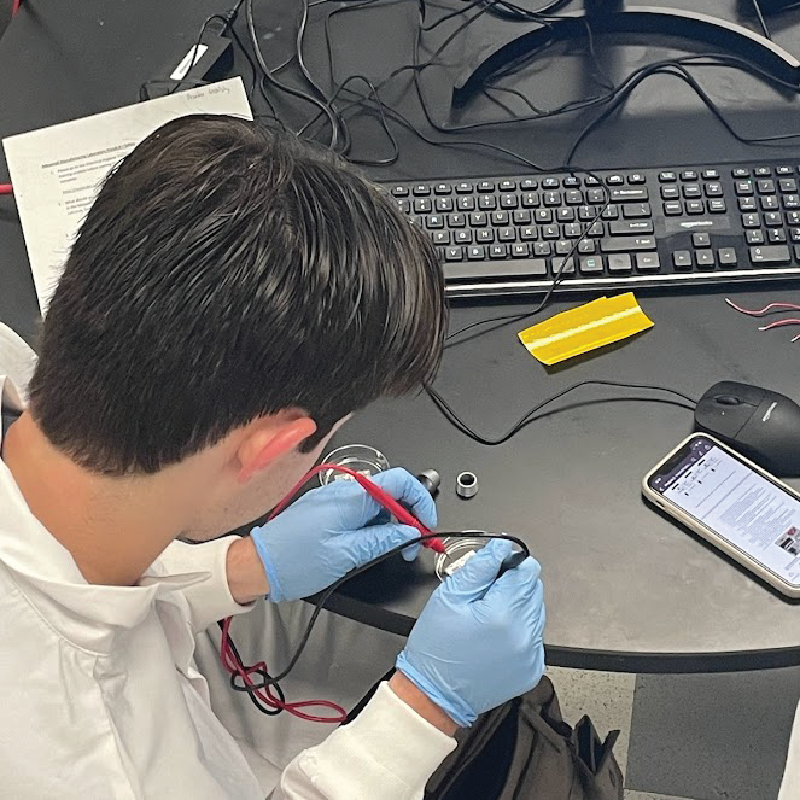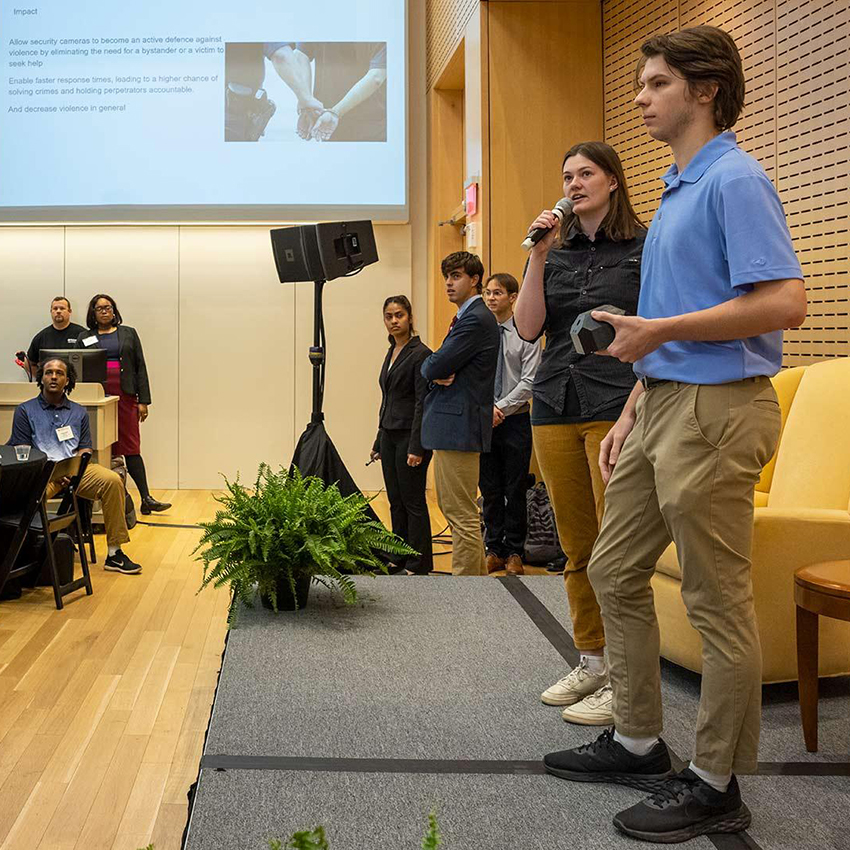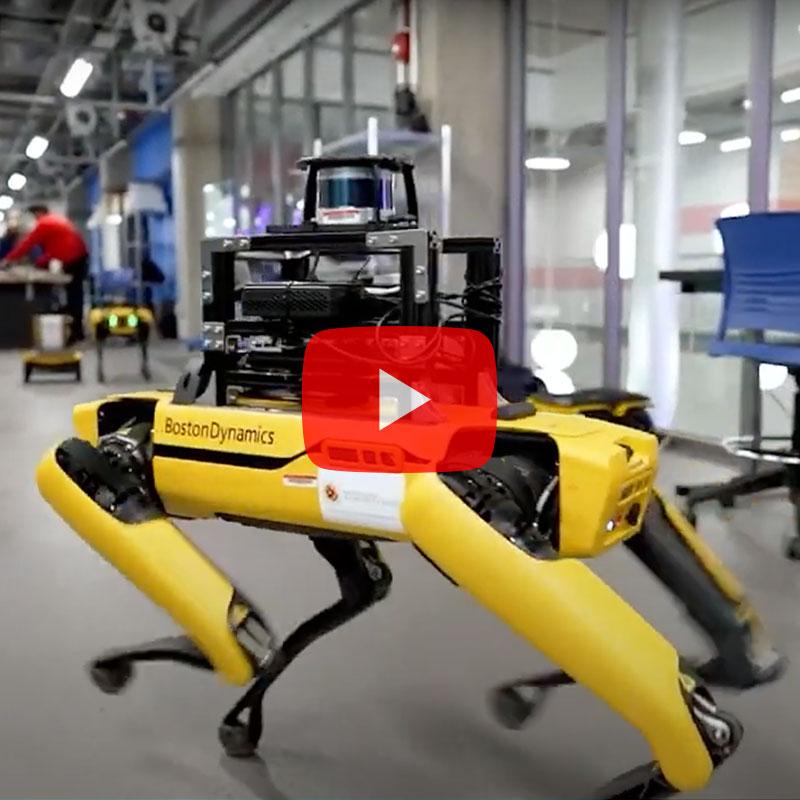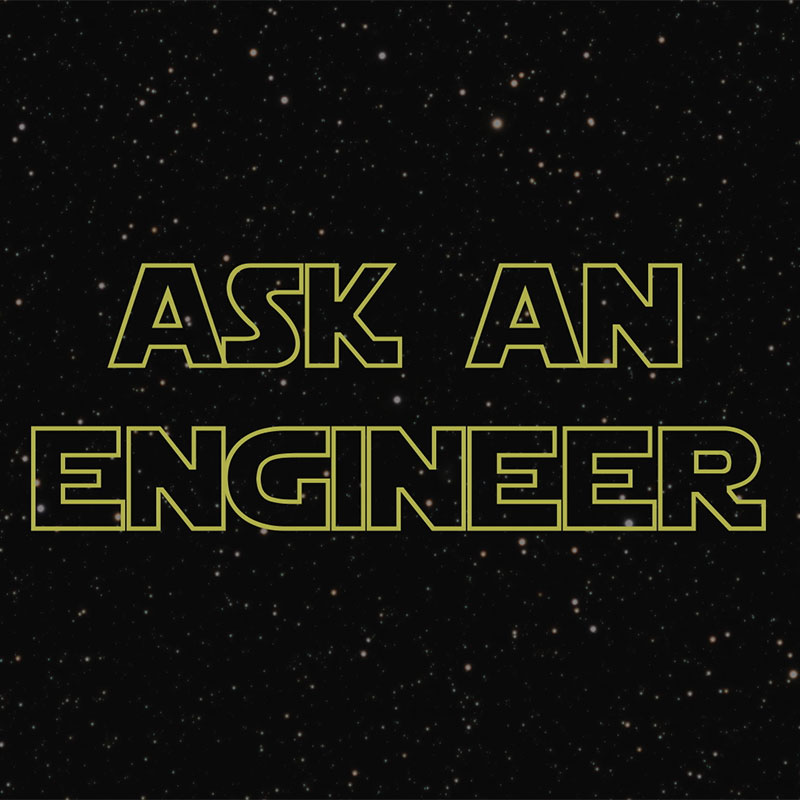Blind Youth Launch Weather Balloons
July 29, 2009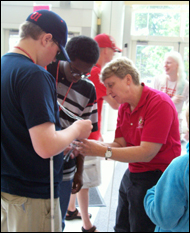
Despite clouds that threatened rain on the group, the balloons were launched and immediately started transmitting data back to a computer monitored by Clark School students. Set up for the launch involved protecting the equipment attached to each balloon from moisture, testing a satellite connection and gaining clearance for the launch from the nearby College Park Airport.
The students built, tested and flew small payloads that will measure temperature and pressure as they rise high in the atmosphere. The payloads include GPS units and radios that will send data back to the ground during the entire hour-long flight.
The balloon payload group of the Clark School Space Systems Lab, led by Visiting Professor Mary Bowden, helped to conduct this part of a week-long summer science academy for blind high school students from all across the country, sponsored by the NFB. There were five teams of three students each aided by a mentor.
The payloads were lifted up to "near-space" by the balloons that were between a large party balloon and a small weather balloon in size. Around 30,000 or 40,000 feet in altitude, the balloon will burst and the payloads will descend on parachutes to the ground somewhere on the Eastern Shore of Maryland.
Data radioed down from the payloads are being received at a ground station and automatically translated into audio so the students can listen to their data as the balloons ascend.
More photos are available with the media advisory sent prior to this event.
A selection of photos with captions.
